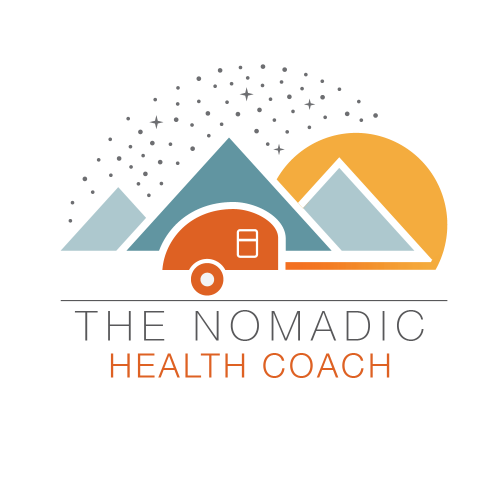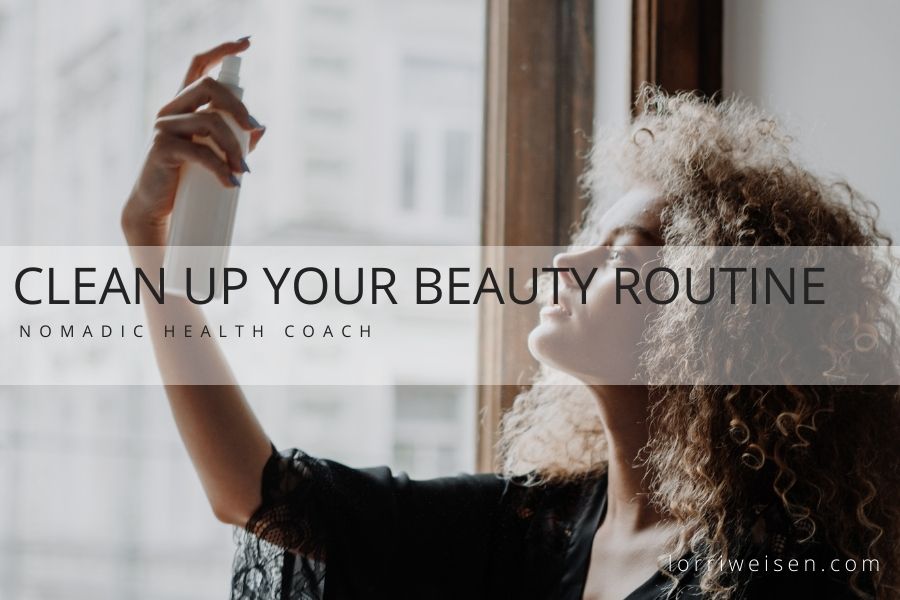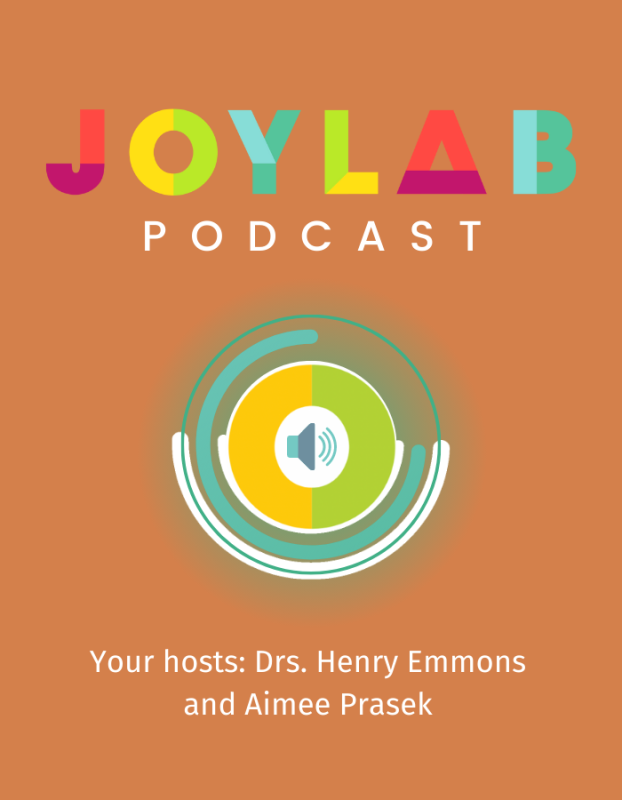A Guide to Living a More Toxin-free Life.
Caring for our skin shouldn’t be a course in chemistry but with the increasing number of chemicals found in our lotions and potions, it’s important that we know what we are putting on our bodies and eliminate as many as possible.
The average woman applies over one hundred chemicals to her body everyday with many of them causing hormonal disruptions, skin irritations, respiratory problems and even neurological damage.
In small quantities these chemicals could be deemed harmless but considering we apply them daily—and year after year—they can eventually create a toxic body burden that causes unwanted problems such as weight gain, asthma and reproductive issues. This is what’s called “bio-accumulation” of toxins and should be taken seriously.
Below is a quick guide to help you find non-toxic personal care products and some links to get you on your way to toxin-free living. Your goal should be to replace your existing products (as they run out so you can stay on budget) with healthier ingredients that do less harm.
Consult environmental organizations for guidance.
Certain organizations, such as the Environmental Working Group (EWG), provide education and free resources. The EWG is the leader for consumers interested in non-toxic, environmentally-friendly and responsible personal care products.
>> Environmental Working Group (EWG) – https://www.ewg.org
Read ingredient labels.
Personal care products are required by law to disclose their ingredients in descending order of concentration. First ingredient is the most dominant. Organic ingredients are typically marked with an asterisk and seed oils and plant extracts are are often indicated by their common name and scientific name.
Question an ingredient or want to learn the toxicity level of a specific brand? Make sure you check out Skin Deep on the EWG website.
>> Skin Deep – https://www.ewg.org/skindeep/
Learn to recognize harmful ingredients and chemicals.
Inspect the ingredient list for harmful ingredients such as parabens, color additives and dyes, , fragrances/perfumes, mineral oils and sulphates. Use the handy app from the EWG to look an ingredient up while at the store.
>> Healthy Living App – https://www.ewg.org/apps/
Shop at specialized retailers.
Health food stores, co-ops, natural markets and online retailers often have high product quality standards, making them a great resource for personal care products. Consumer demand is also driving major brands to offer safer solutions and ingredients at mainstream stores.
Shop for your personal care products at Whole Foods, Fresh Thyme, Sprouts, Mothers Markets, and Jimbos to name a few.
>> Eminence – https://eminenceorganics.com/us
Look for third-party certifications.
Many third-party organizations independently analyze personal care products to ensure they meet specific manufacturing and/or ingredient quality standards. Examples include Fair Trade Certified, USDA Organic, Certified Vegan, Non-GMO Project Verified and EWG Verified.
Be watchful for labels that contain a “mock” logo that may resemble the aforementioned companies.
Watch out for "greenwashing" marketing tactics.
Certain companies may use misleading terms to entice you to purchase their products. “All-natural”, “eco-friendly” and “sustainable” claims give the impression that their products are healthier for the planet and for us. While sometimes this may be the case, many label claims are simply clever marketing techniques.




